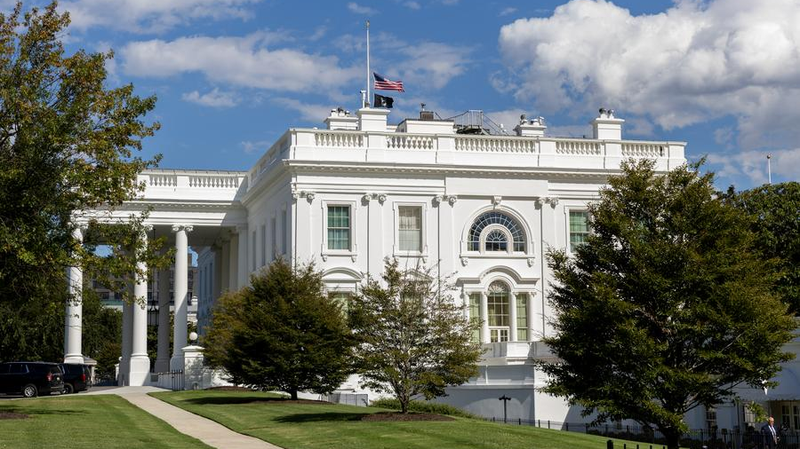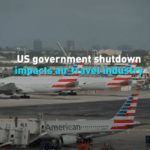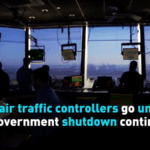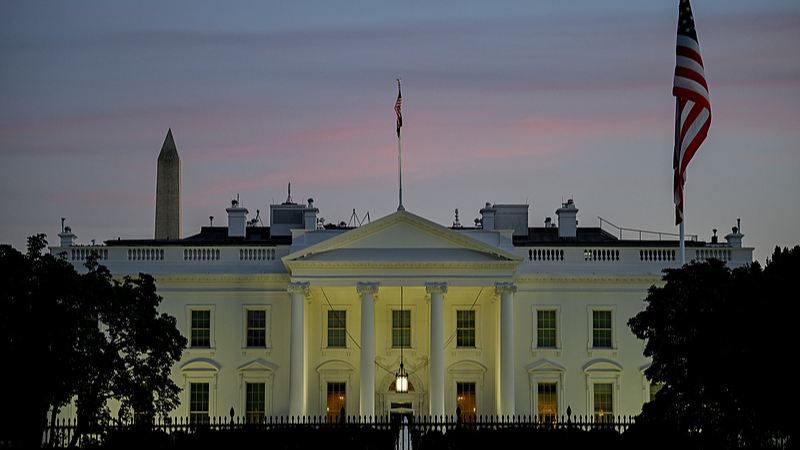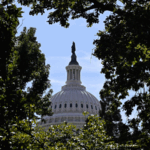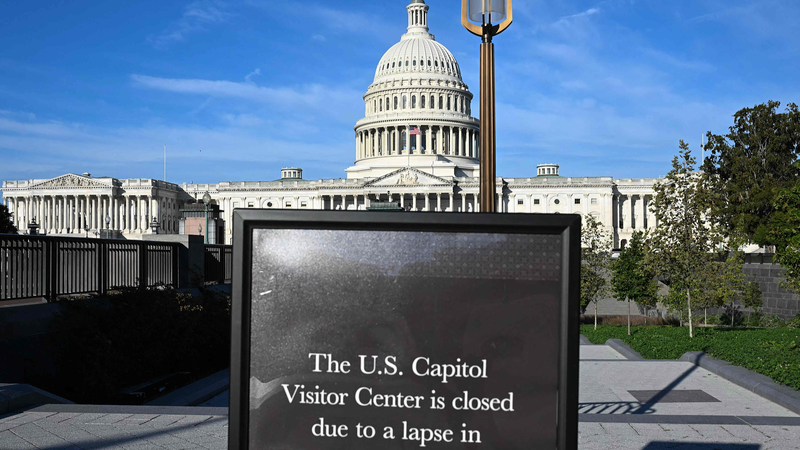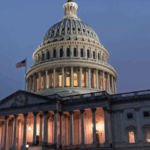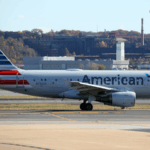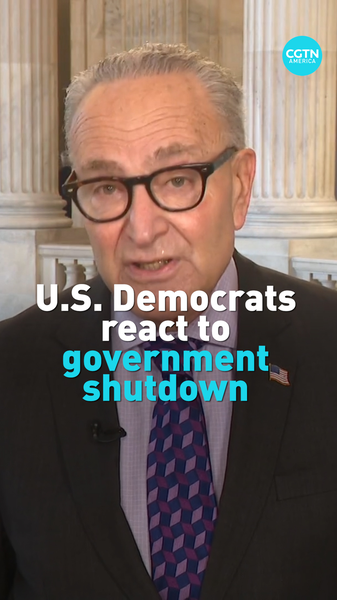As the U.S. federal government shutdown enters its second week, frustration mounts among citizens and international observers alike. The political stalemate between Democrats and Republicans has paralyzed critical services, with air travel disruptions emerging as a stark symbol of the crisis.
A Nation Divided, a System Strained
Airports across the U.S. face escalating delays as air traffic controllers increasingly call in sick, protesting unpaid work during the shutdown. Over 10,000 flights experienced delays this week alone, according to CNBC reports, with one Los Angeles-area airport left without controllers for nearly six hours—a global embarrassment highlighting systemic vulnerabilities.
The Human Cost of Political Gridlock
Transportation Secretary Sean Duffy's demand for controllers to "show up for work" rings hollow to essential workers navigating financial uncertainty. The standoff reflects deeper political polarization, with lawmakers prioritizing partisan battles over resolving the impasse. Experts warn the erosion of public trust in institutions could have lasting consequences for America's global standing.
Ripple Effects Beyond Borders
While no major accidents have occurred, the aviation breakdown raises questions about the reliability of U.S. infrastructure partnerships. Business analysts note growing concerns among international investors, while Asian diaspora communities track impacts on trans-Pacific travel. Academics highlight the shutdown as a case study in governance challenges facing mature democracies.
As political leaders remain deadlocked, millions await solutions—not just to restart government operations, but to address fundamental questions about leadership and accountability in an increasingly interconnected world.
Reference(s):
cgtn.com
